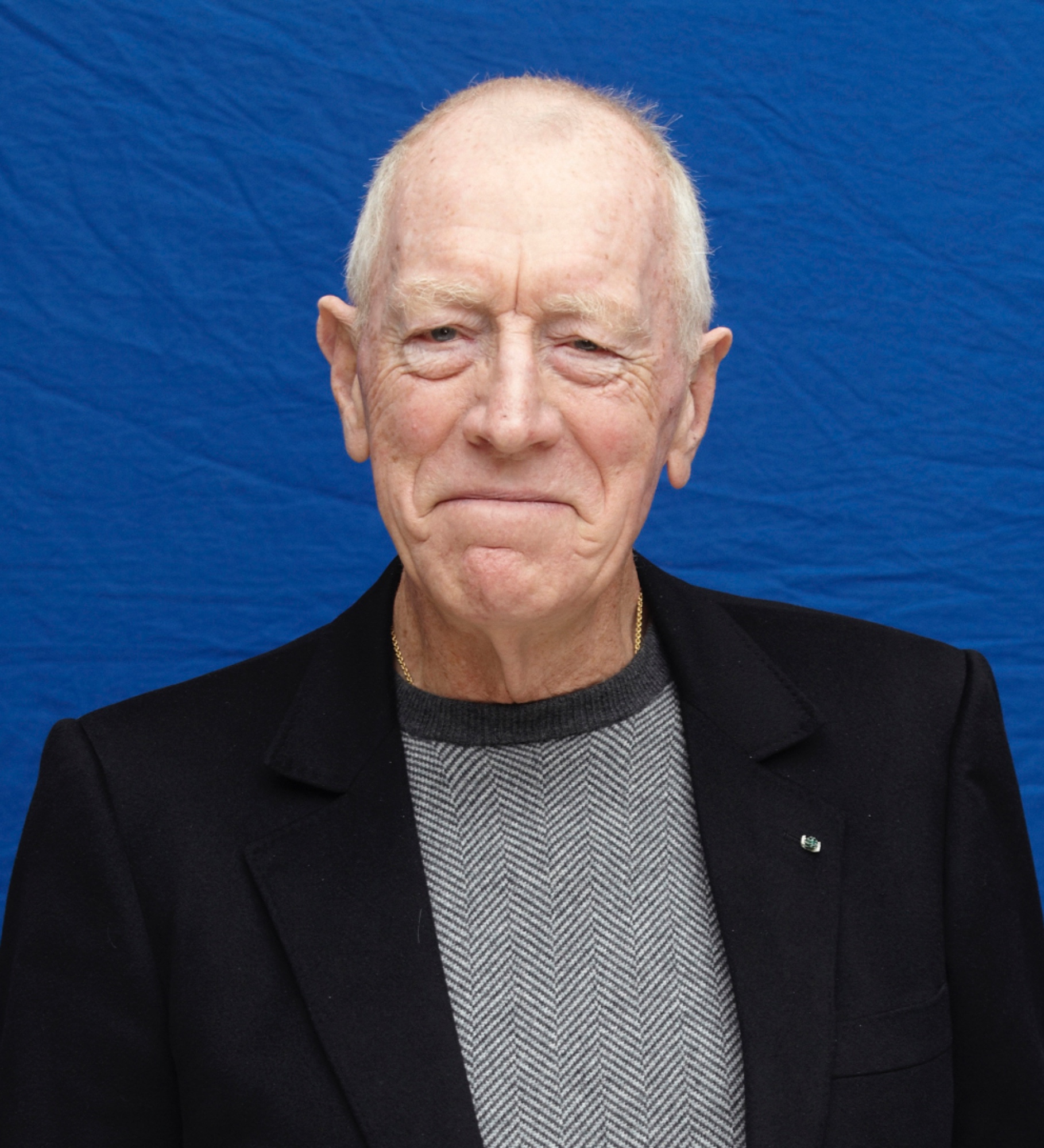
- Industry
Max von Sydow on Ingmar Bergman
“I worked with Ingmar Bergman continuously for such a long time when I was young, and it was a very happy time in many ways,” Max von Sydow told the Golden Globes. “Probably because at that time he was not world-famous yet, he didn’t have the pressure of all the demands from the world to be a genius, and I was certainly just a local actor, so I had all the freedom to do all the stupidities I happened to do. We were both free, and we worked with great enthusiasm almost continuously, so it was a very fruitful cooperation.”
Throughout the years Von Sydow spoke often about Bergman, his mentor and favorite director, in several HFPA interviews and press conferences. Von Sydow was directed by Bergman in films like The Seventh Seal (1957) where he famously played chess with Death, The Magician (1958) with Ingrid Thulin, The Virgin Spring (1960), Through A Glass Darkly (1961), Shame (1968) with Liv Ullmann, and The Passion of Anna (1969) with Liv Ullmann for the last-named two.
“To me, Ingmar Bergman is the greatest, because I knew him so well, as a person, and I worked with him so many times, both in films and on the stage,” von Sydow said on a different occasion. “And no doubt he has influenced me on so many levels, I learned a lot from him. I mean, he was such a good leader, better than most, he could make people enthusiastic and aim at the same goal, he would make people love the project and he would hold a very strict discipline in his companies, which is good for the work. So his approach to a play or to a film has probably has affected me a great deal. And since then I’ve worked with so many other very good directors, but I do miss him.”
Like John Wayne and John Ford or Fellini and Marcello Mastroianni, the collaboration between the two men was symbiotic and produced some of cinema’s classic films. “There are several directors that are special to me,” said von Sydow, “but, of course, no one as special as Ingmar Bergman. I had the great privilege of meeting him when I was young and he was also young, even though he was ten years older than me, we were both young together. Nobody has meant more for my professional development or for my view of my profession, for my ethics as a man of film or theater than he has. I owe him so much, for what he has given me regarding discipline and respect for the art of theater and filmmaking, the art of acting. He has been like a professional father to me in a way, and I will be eternally grateful for that.
Von Sydow was directed by Woody Allen in Hannah and Her Sisters in 1986, which allowed him some unique perspective: “People always say that he is so influenced by Bergman,” the actor said of Allen, “and I’m sure he is because he has himself stated that he has been an admirer of Bergman for so long. But he has also a great insight into human nature like Bergman had, he knows a lot about human conflicts and relationships and is a brilliant filmmaker.”
More on Max von Sydow, here.